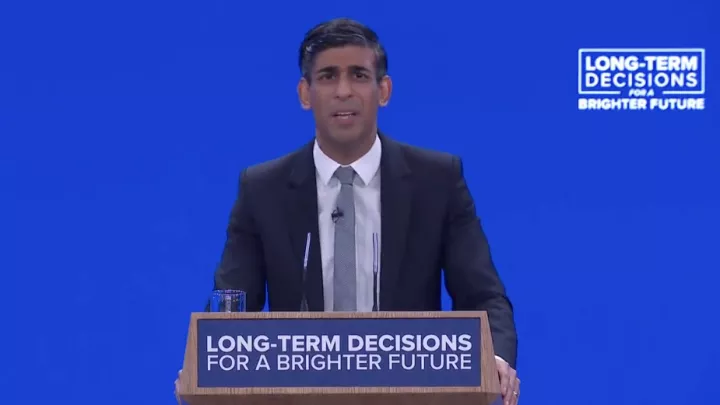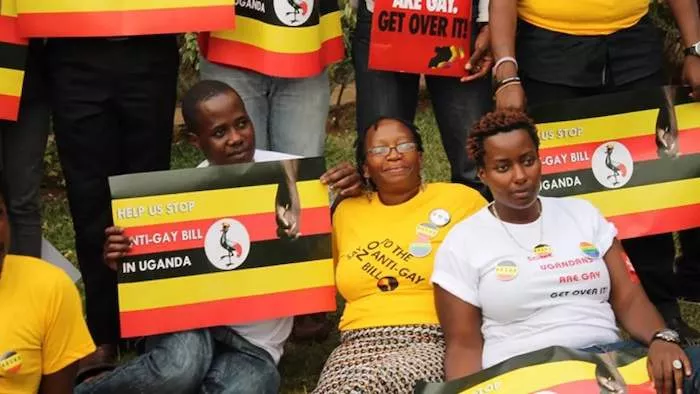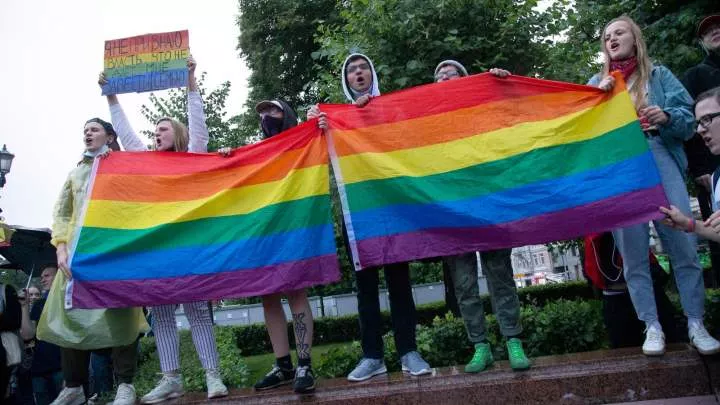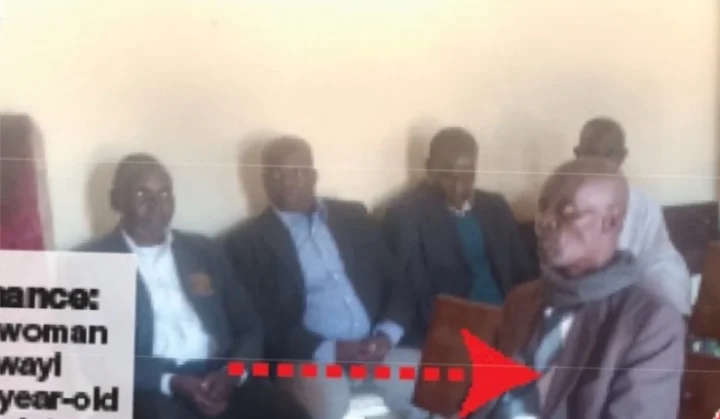
In a move that demonstrates Senegal's firm stance on LGBTQ matters, the United Nations (UN) and the Dutch government have cancelled a planned event in Dakar after the Senegalese government issued a stern warning, citing opposition to the "promotion of the LGBTQI phenomenon."
The event, which included a film screening followed by discussions on LGBTQI issues, had been scheduled by the UN and the Dutch embassy.
However, the Senegalese foreign ministry, in a statement published on Friday, announced it had been informed of the gathering and warned that any such activity would face serious consequences.
"The government reserves the right to take any appropriate action against any organisers of such activities, and even against participants, whatever their origins, status or rank," the ministry said, emphasizing that the operations of diplomatic and international bodies must align with Senegalese laws and regulations.
UN, Dutch back down following Senegal's warning
Senegal, like several other West African countries with conservative values, maintains laws criminalizing same-sex relations.
The law permits punishment of up to five years in prison for what it describes as "acts against nature" between people of the same sex.
Following the government's statement, the UN confirmed the event had been called off. "The event has been cancelled, and we continue to engage with the authorities," said Seif Magango, spokesperson for the UN human rights office.
The Dutch foreign ministry also issued a statement affirming the cancellation. While it reiterated the Netherlands' commitment to human rights and equal treatment, it noted the decision was made "considering various factors."
Senegal's position is not isolated.
While a 2022 legislative proposal aimed at strengthening anti-LGBTQ laws was rejected by lawmakers who deemed existing statutes sufficient, other countries in the region are taking different routes.
In Ghana, a controversial bill reemerged earlier this year, aiming to enforce some of the continent's toughest anti-LGBTQ measures, although its legal future remains uncertain.
The incident demonstrates the deep tension between international human rights initiatives and national sovereignty in countries where LGBTQ issues remain highly sensitive.

















Comments